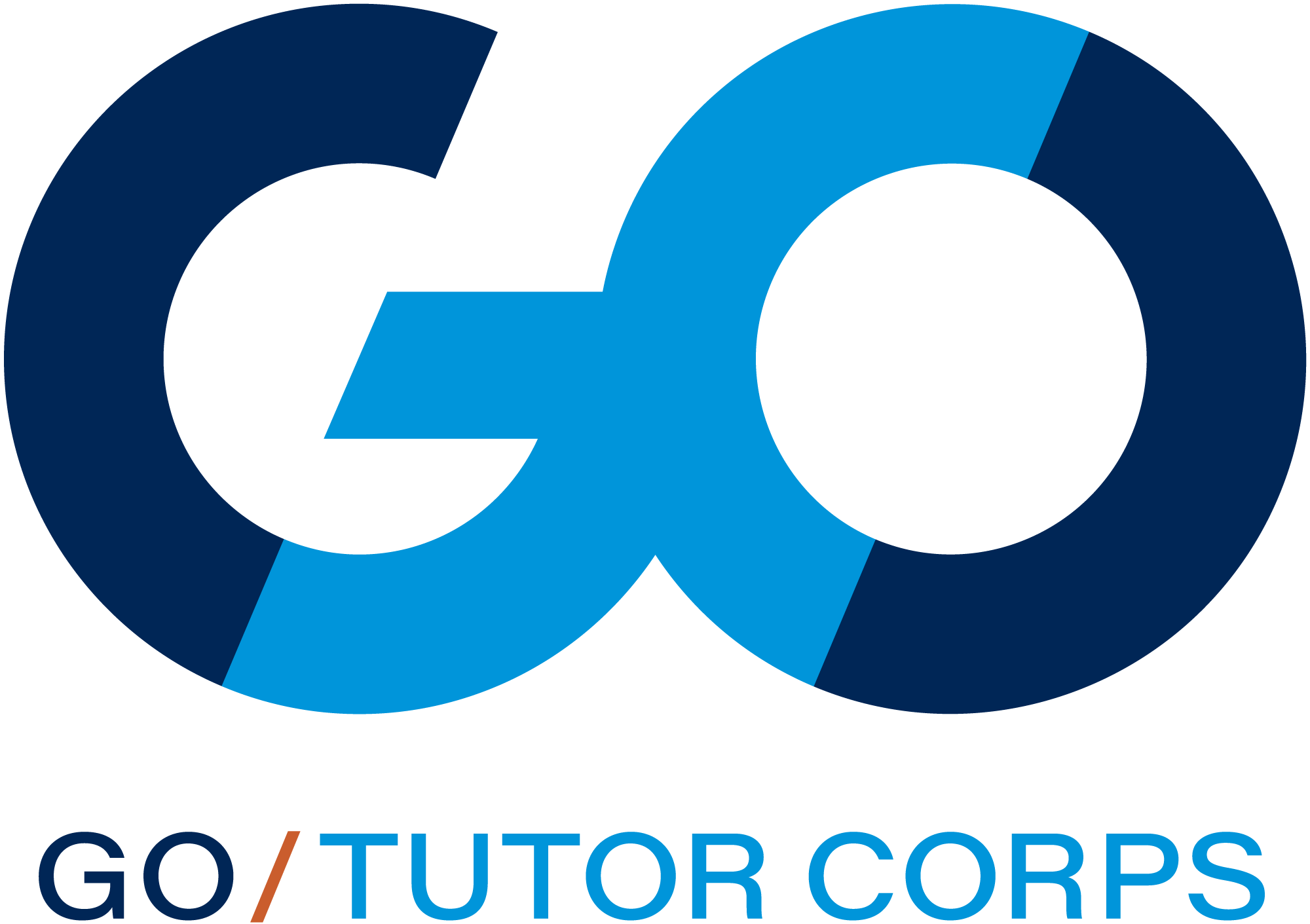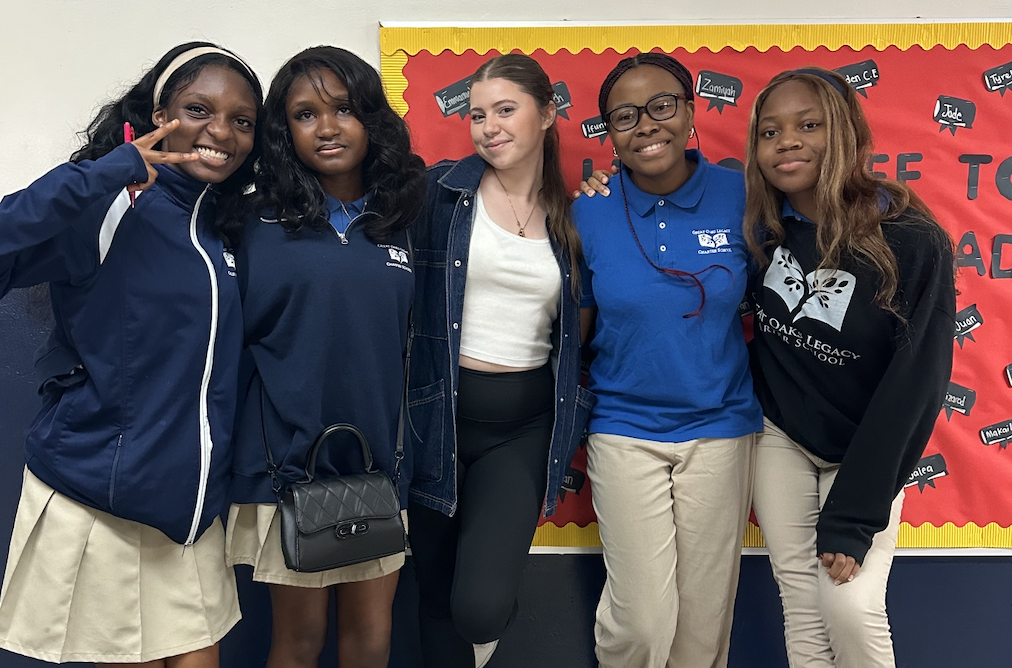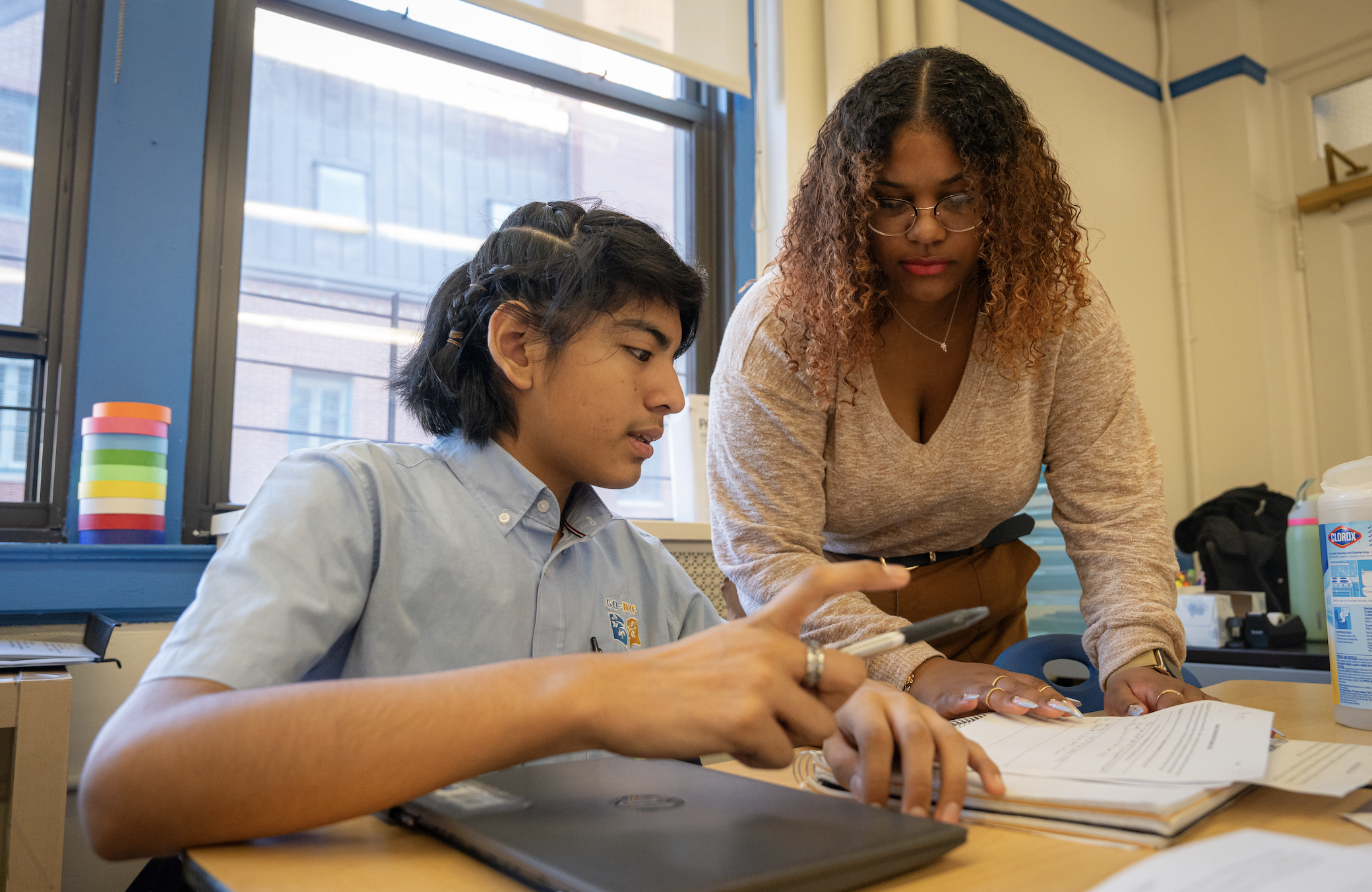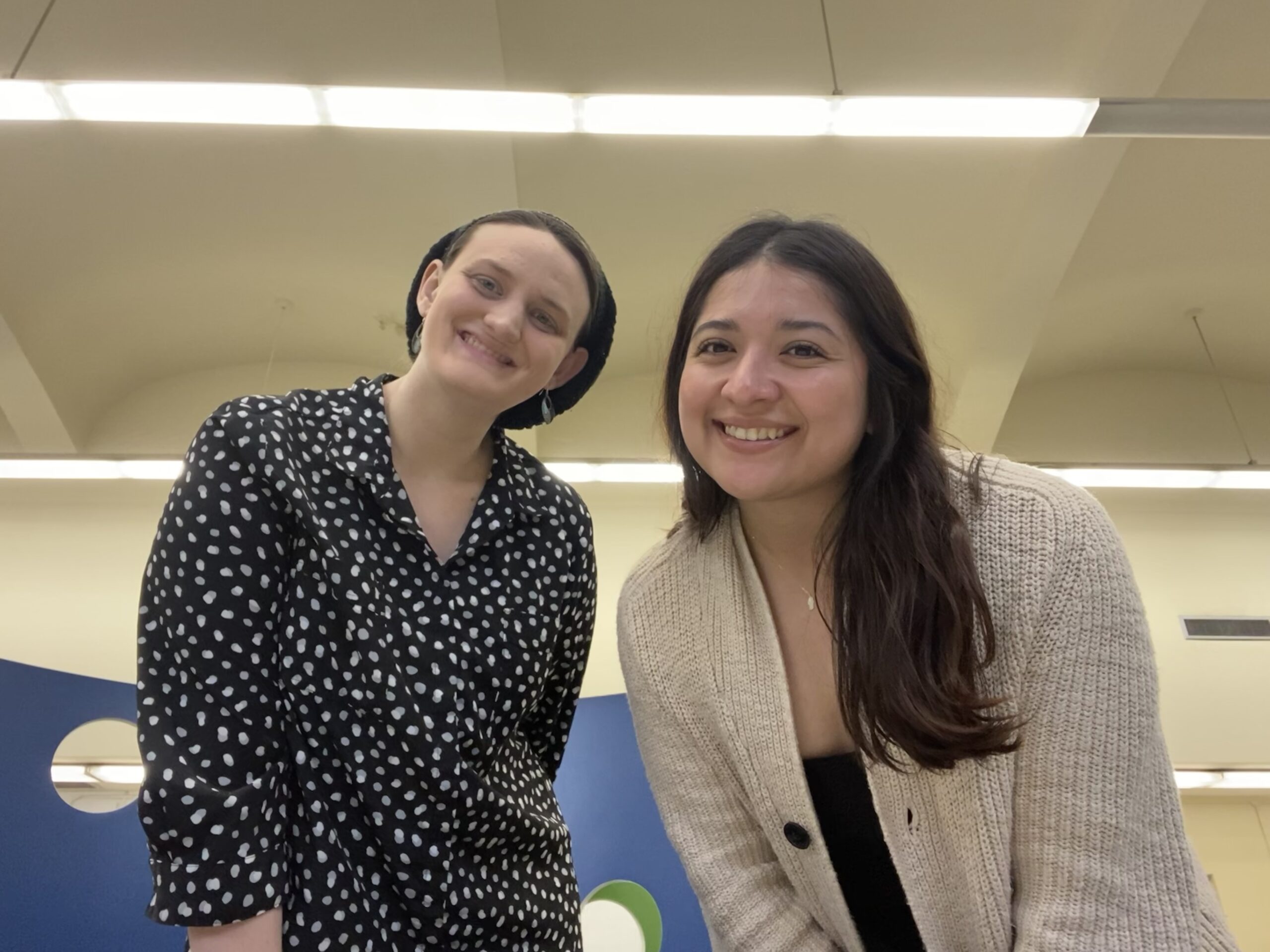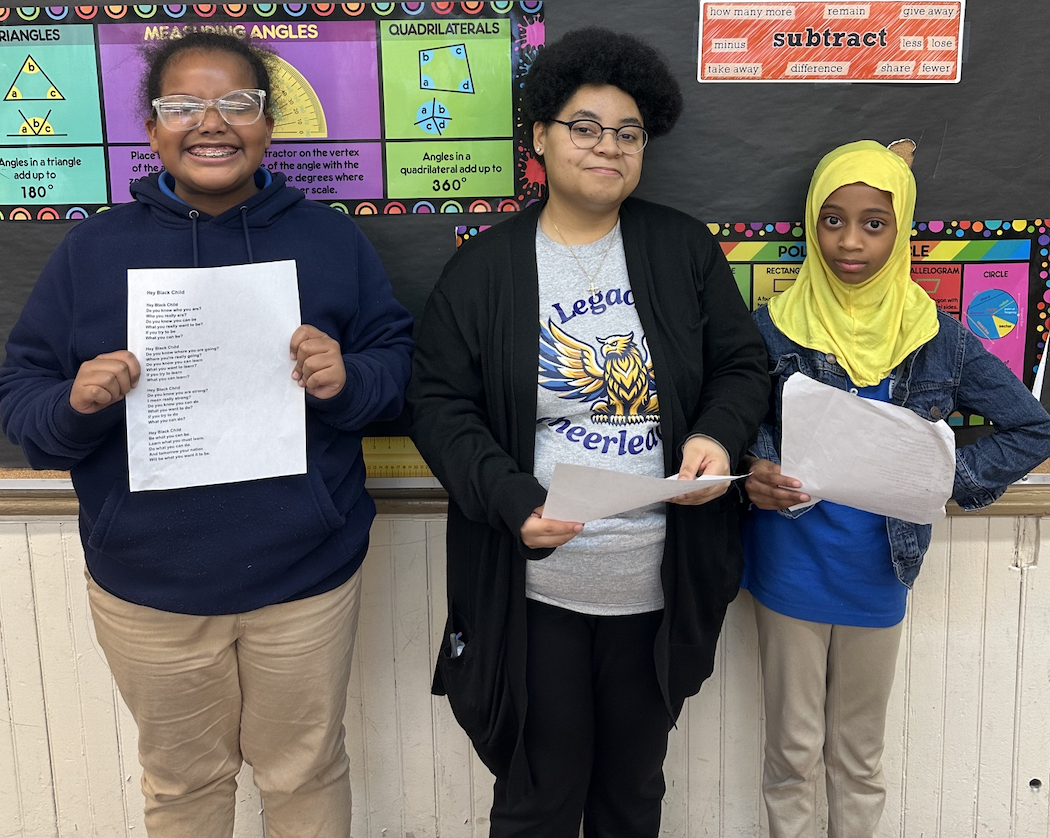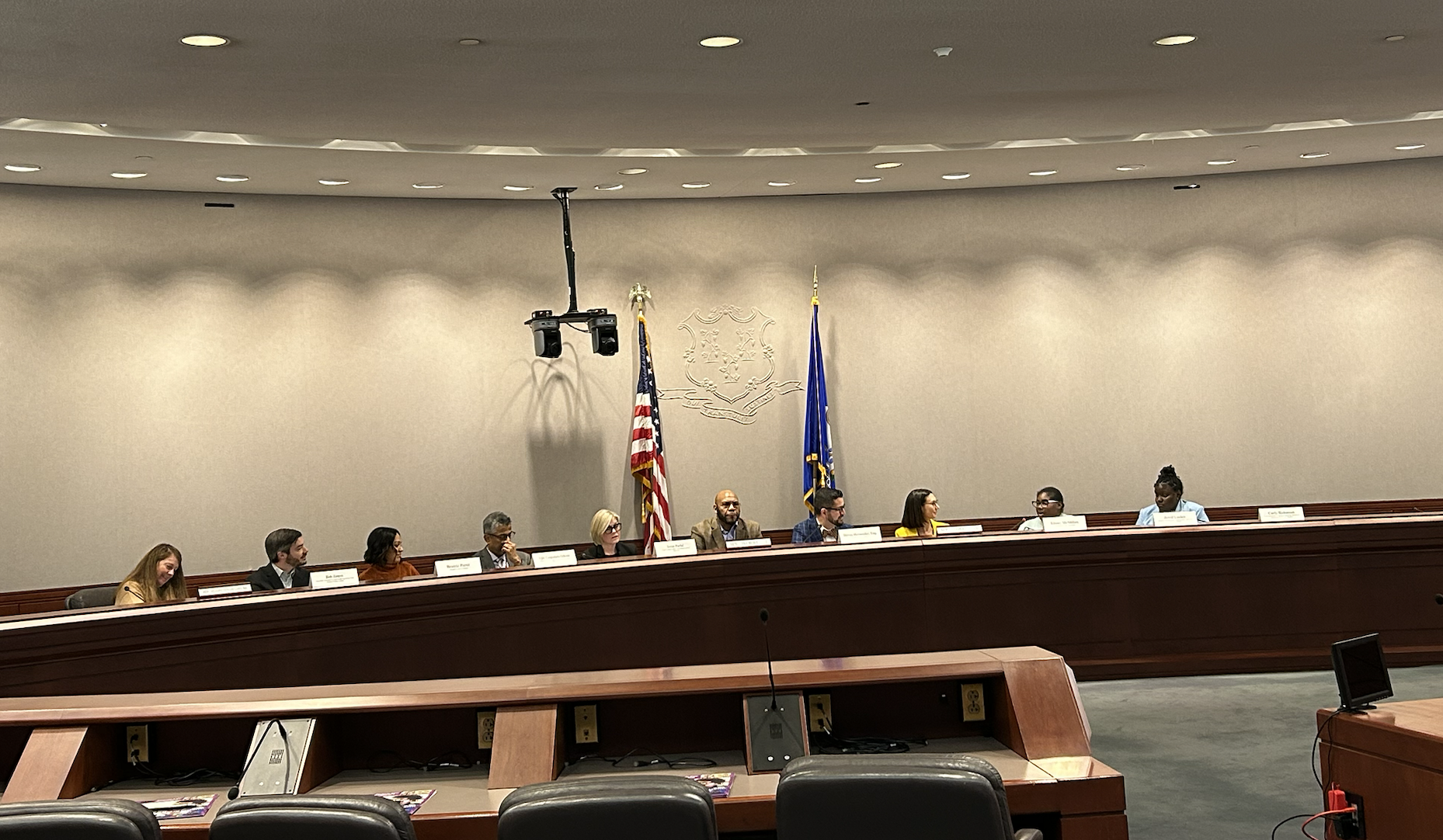Thank you for your interest in GO Foundation! If you have questions about our AmeriCorps Fellowship program, GO partners and charter schools, or about the GO Foundation itself, please use the form below to get in touch.
High-Impact Tutoring: the Secret Sauce
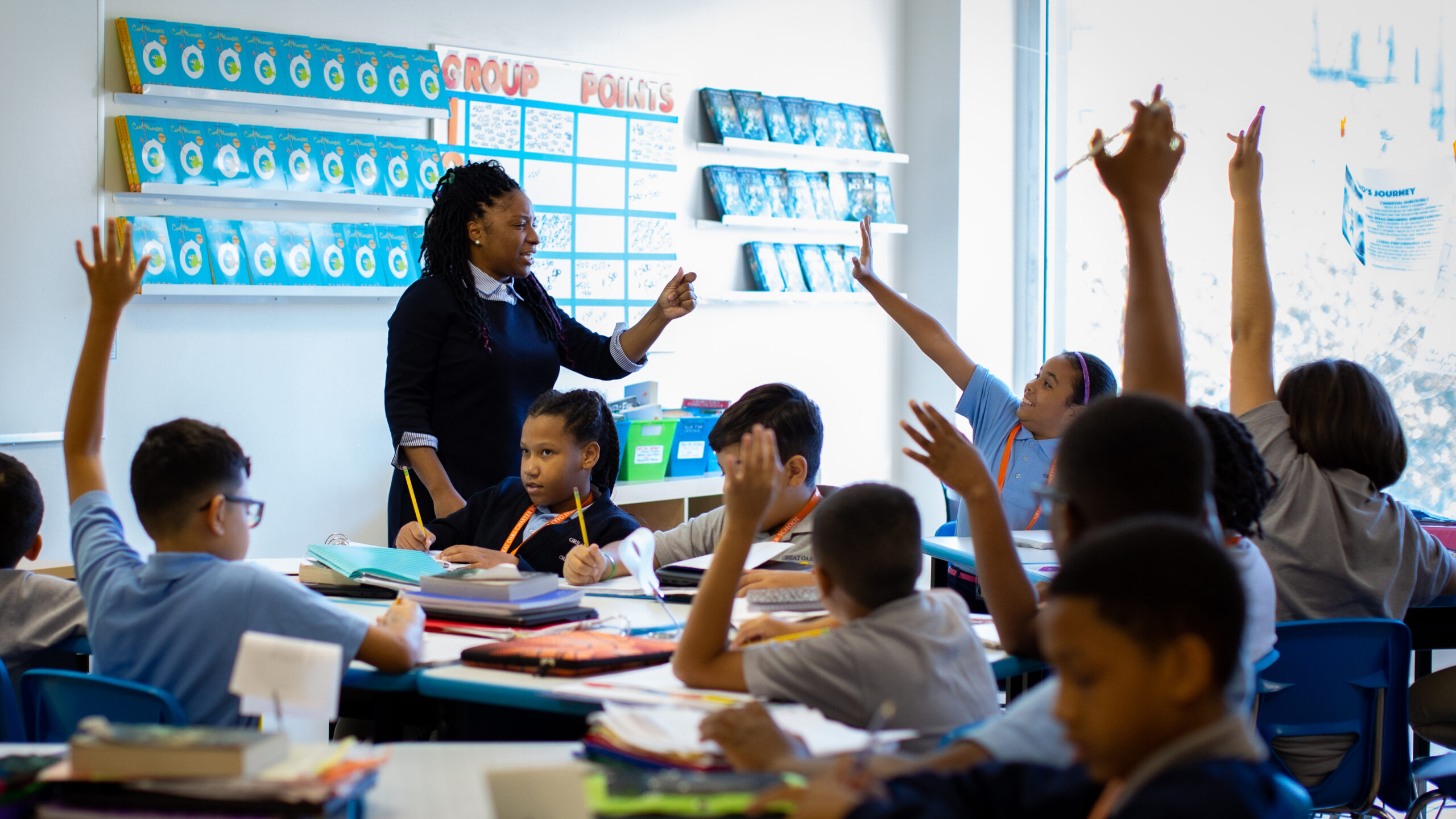
December 2023
Jonah Liebert
Student learning is often broken down into sequential skills. There are valid reasons for this practice. For example, without mastering two-digit addition, it is difficult to master three-digit addition, and without addition, multiplication is much harder to grasp. Learning software is built on this premise: academic learning in core subjects is divided into a multitude of measurable skills. Learning software tracks students’ progress as they master skills, and pinpoints where they get stuck. It is a major accomplishment that AI-enabled technology has successful broken K-12 student learning into small, bite-sized pieces. But humans, especially adolescents, are social and emotional beings. Their non-academic needs must be met for them to reach their full potential as learners.
During the 2022-23 school year, the GO Foundation, in partnership with Great Oaks Charter School – New York City (GO-NYC) and Professor Bowen Paulle, was awarded a grant by Accelerate to study the impact of changing tutorial dosage. The GO Foundation research team varied the amount of tutoring that students received by replacing some academic tutoring with a structured mentoring program focused on student-tutor relationships that engaged students’ social and emotional needs. At the heart of this study was a hypothesis that ‘the secret sauce’ of high-impact tutoring involves finding the right balance between leveling up students’ academic skills and explicitly meeting their social and emotional needs.

Students must master academic skills, but the environment in which they do this should be intentionally designed to accelerate their academic growth. It’s hard for a child to learn or articulate where they’re stuck if they do not feel safe, welcome, or like they belong in a space. A positive learning space motivates kids to excel, and makes it easier for adults to identify and address gaps in student learning. At the GO Foundation, we are testing this hypothesis by training Fellows in mentoring skills and allocating a portion of tutorial toward explicitly focused on helping students express themselves and their needs.
As the country grapples with unprecedented learning loss for a generation of students, effective interventions are critical. The challenges we face require novel solutions. In the coming months, we hope to contribute to the growing field of knowledge by exploring what makes high-impact tutoring effective in our practice and sharing what we’ve learned.
